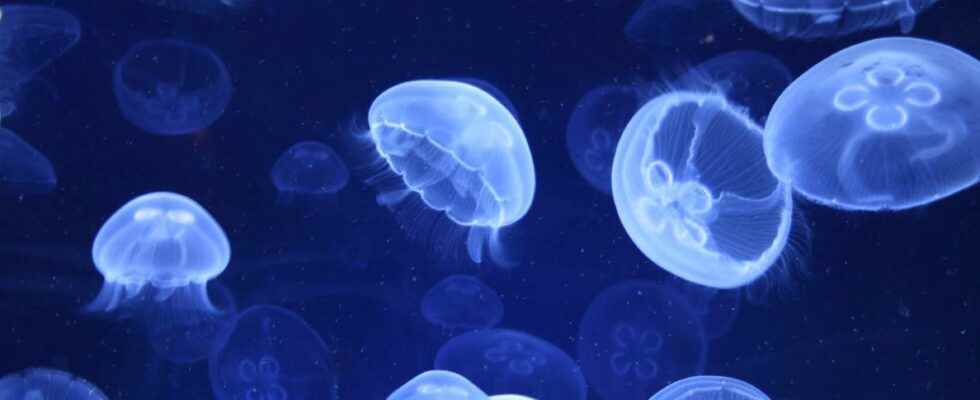Every summer, jellyfish invade many beaches. Hundreds of vacationers then pay the price. How to react so as not to suffer too long the pain inherent in the burn? An old belief establishes urine as the remedy par excellence for jellyfish stings. So, is peeing on the wound the real miracle solution?
Even if the term sting is widely used, the notion of burn would be more appropriate. Indeed, the jellyfish do not sting, they do not attack. It is the contact with their filaments that can be harmful. They are the ones who have a strong stinging potential. A power that the animal retains, whether it is swimming or stranded on a beach. So be careful if your children play on the sand. They shouldn’t get too close.
Heat neutralizes venom
If a burn were to occur, it would manifest within 10 minutes as a severe itch. Who hasn’t heard this unsavory advice to urinate on the burn of astonished to calm the pain and disinfect the wound? And it seems that this practice works to relieve the pain. In fact, this is not unique to urine.
It’s here heat which neutralizes the venom. You will therefore obtain the same result with seawater, provided that it is sufficiently warm. A less shameful solution.
Urine, the false good idea
Another element against urine is the fact that, like thepure water, it may burst the remaining stinging cells and release the poisonous contents again. The risk of superinfection would then become real.
In case of jellyfish sting, so rinse the wound with sea water, then rub it with sand to remove any stinging cells. Rinse again then take advice from a doctor or pharmacist.
Interested in what you just read?
Subscribe to the newsletter Health question of the week : our answer to a question you ask yourself (more or less secretly). All our newsletters
